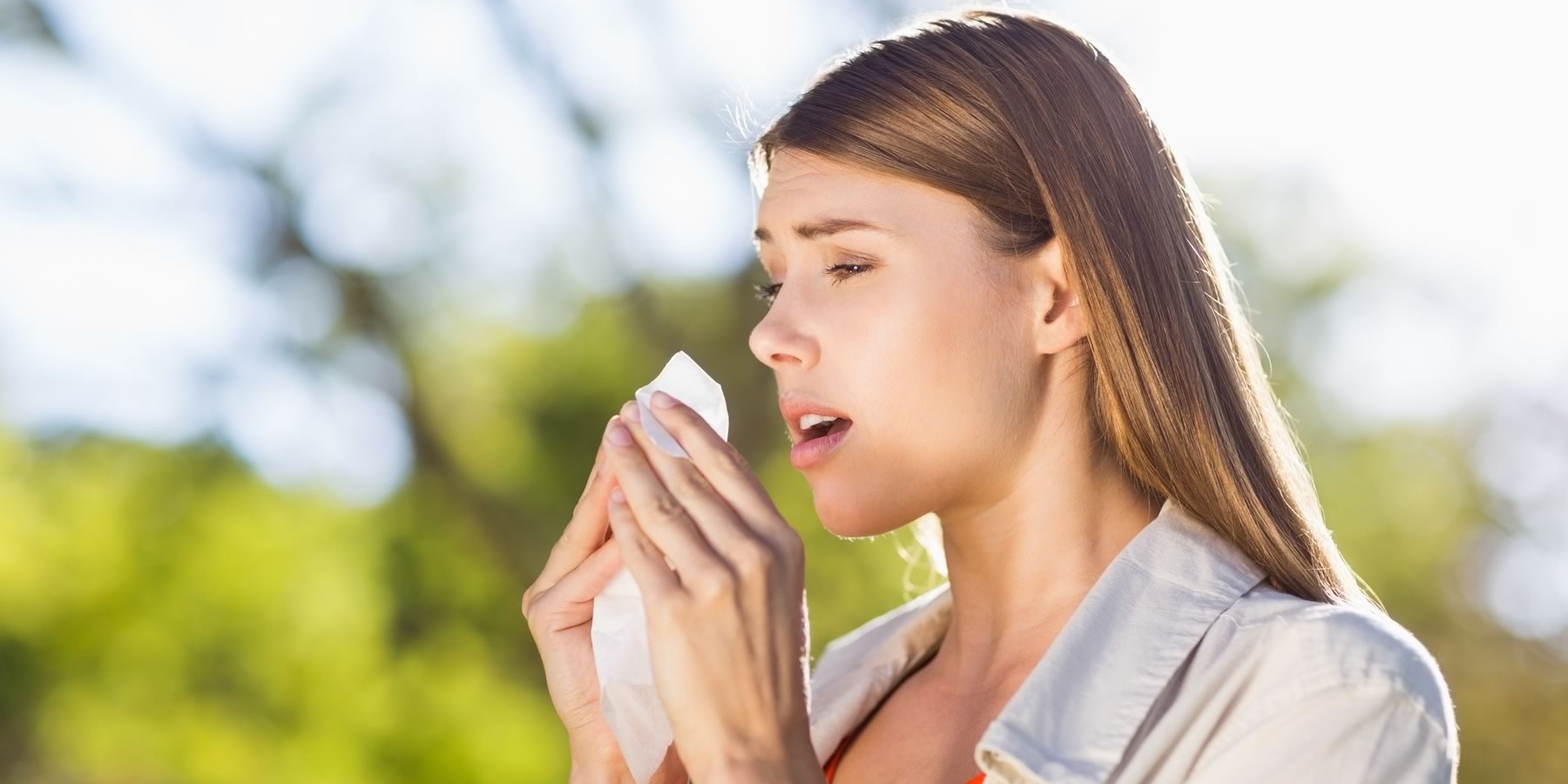USP <797> Explained: What Physicians Need to Know When Preparing Allergen Immunotherapy In-Office
January 9, 2026
As regulatory standards evolve, many physician practices are asking an important question: How does USP <797> impact the way we prepare allergen immunotherapy (AIT) in our office? Whether you are currently mixing allergy extracts on site or considering adding immunotherapy services to your…
Am I Suffering from Allergies? Or Something Else?
August 29, 2023
There is a wide range of variability from person to person when it comes to allergies. The unique circumstances of each person and their environment as well as what type of symptoms occur, how often they occur, and how troublesome they are all have significant meaning. Gathering this…
A Deep Dive into Summertime Allergies
July 6, 2023
As the warmth of summer graces us with its presence, many of us are eager to embrace outdoor activities and soak up the sun. However, along with the barbecues, beach days, and sunny strolls, comes an uninvited guest: allergies. For many people, summer is synonymous with sniffling, sneezing, itchy…
Prepare for Spring Allergy Season
January 24, 2022
Spring is fast approaching, and if you are a seasonal allergy sufferer, you likely associate this time of year with chronic sneezing, sniffling, and coughing. Your immune system is armed and ready to defend against harmless pollens, sending histamine soaring in your body triggering sneezing, runny…
Common Cold Meds May Pose Health Threats: Interaction of two ingredients could cause serious side effects, researchers say
March 19, 2014
WEDNESDAY, March 19, 2014 (HealthDay News) -- Over-the-counter sinus and pain remedies that combine two common ingredients -- phenylephrine and acetaminophen -- might cause serious side effects such as high blood pressure, dizziness and tremors, New Zealand researchers warn.
United Allergy Services Launches Mobile Healthcare App to Encourage Patient Medication Adherence
March 6, 2014
‘myAllergyPal®’ Allows Patients Undergoing Immunotherapy Treatment to Track Symptoms, Medication and Medical Appointments SAN ANTONIO, March 6, 2014 – United Allergy Services (UAS), a leading healthcare services company that enables family physicians, pediatricians and health systems to deliver…
General aviation pilots advised to watch use of common medications
July 17, 2013
The half a million general aviation pilots in the United States should watch their use of everyday drugs, regulators and industry officials urged Wednesday. In issuing the advisory, officials warned over-the-counter medications accounted for 12 percent of general aviation crashes in the past…
Drowsy Drivers May Put Your Family At Risk This Summer
July 2, 2013
If your summer plans include driving you could come across a new danger on the roads this year. Certain allergy medications might be affecting users behind the wheel.
Healthy Memphis: Know difference between seasonal allergies and cold symptoms
June 3, 2013
What you should know Spring and summer open up the enjoyment of outdoor activities and scenery. Yet a runny nose, stuffiness, and itchy eyes can ruin the experience. Relief methods depend on whether you have an allergy or a cold.
FDA warns on adverse effects of over-the-counter allergy medications for kids
April 18, 2013
The US Food and Drug Administration (FDA) has warned parents to be aware of the active ingredients in over-the-counter (OTC ) allergy medications for kids.
Traveling with Allergies
June 20, 2012
Summer vacation. It conjures up visions of relaxation, sports, sunny days, perhaps sand and water or woodlands. For individuals and families with asthma and allergies though, it means extra thought and preparation before "the good times roll." As we head full tilt into summer, here is a list of…
Allergy management includes traditional, alternative treatments
May 25, 2012
Spring is here and it’s a sure bet allergy sufferers don’t need any reminders that along with the blooming flowers, they now have to deal with itchy eyes, runny or stuffy noses, scratchy throats, tingling ears and dozens of sneezes.





